In 1959, a show like no other premiered on CBS, promising a journey into the dimension of imagination and TV has never been the same since. That show was The Twilight Zone, headed by Rod Serling, an award-winning screenwriter who had enough clout to convince a network to air a surreal, albeit topical, series. While suspenseful and sometimes downright scary, almost every Twilight Zone episode contained a twist of irony with a moralistic element to round out the story.
As groundbreaking as it was, Serling’s brainchild was a frequent pain in the butt to write, produce, and host. Here are 10 of the most frequent laments he would later relate about a show that remains one of the best dramas ever seen on TV.
10 CBS Wanted A Different Host
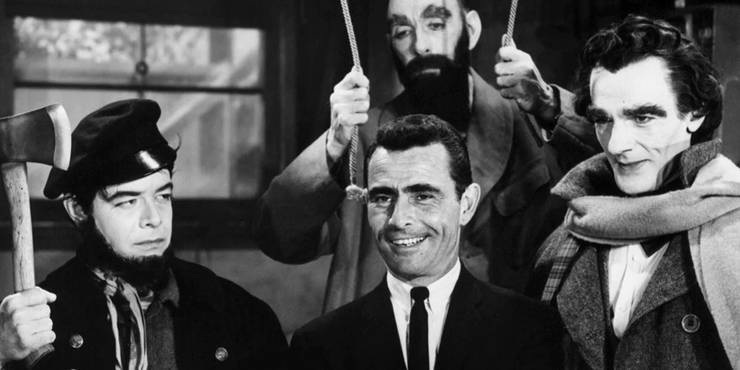
Rod Serling was so involved in the creation of The Twilight Zone that he wanted to host the program, but CBS cited a preference for Orson Welles of Citizen Kane fame, who had a booming voice and an erudite yet captivating delivery. Luckily, Welles turned down the offer, and Serling’s introductory cameos have become the stuff of legend.
9 Those Damn Commercials
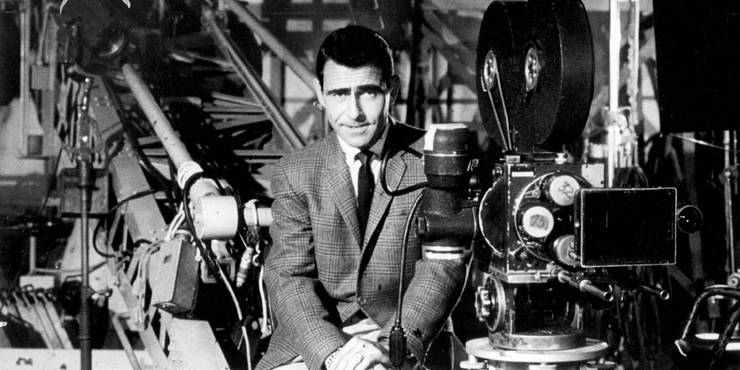
One beast Serling struggled with during the run of The Twilight Zone continues to be an irritant today. That has to do with lightweight commercials that tended to deflate the intensity of a suspenseful Twilight episode.
“However moving and however probing and incisive the drama,” mused Serling at a UCLA speaking engagement in 1971, “it cannot retain any thread of legitimacy when after 12 or 13 minutes, out comes 12 dancing rabbits singing about toilet paper.”
8 He Felt The Series Lacked Consistency
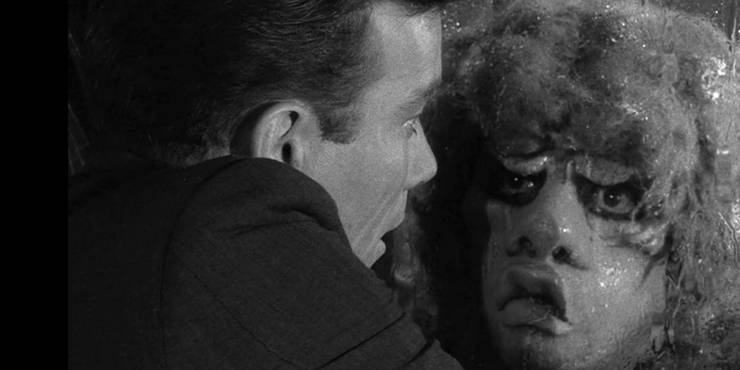
The Twilight Zone had stellar moments, but more than its share of turkeys from the physical horror of “Nightmare at 20,000 Feet” to the unintentionally comedic “Cavendish is Coming.” It was a peaks-and-valleys succession that Serling recognized as a major issue.
“I think it failed in terms of its consistency,” said Serling in an interview with fellow sci-fi writer James Gunn. “It was very good some weeks, quite bad other weeks, but this I think is pretty much the track record of most television by virtue of its desperate overexposure and the brevity of time allotted to us to produce something that is qualitative.”
7 There Was Very Little Rehearsal Time
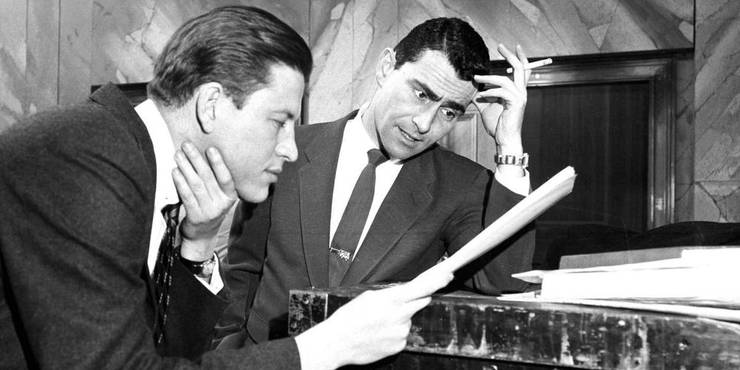
Serling originally had three days a week to shoot a Twilight Zone show, but, with a budget of $70,000 an episode, he had to cut corners on rehearsal time. “I would never try to beat my head against the wall, trying to come in at an arbitrary budget at the time,” said Serling to Gunn. “We simply couldn’t do it properly.”
6 A Rift Developed With A Sci-Fi Legend
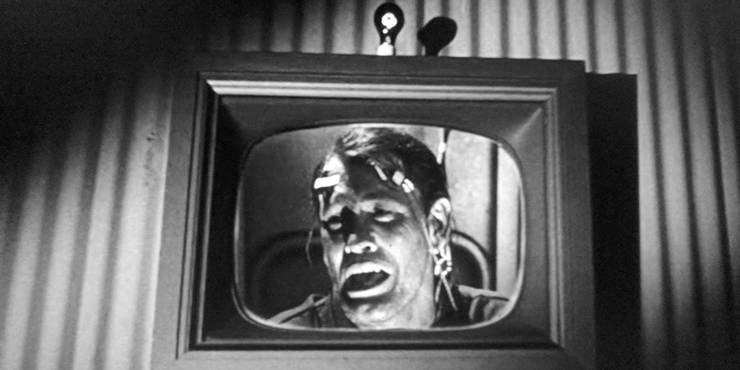
Serling realized that the show’s pilot “Where Is Everybody?” was loosely based on one short story written by Ray Bradbury in his Martian Chronicles book anthology and quickly called the legendary sci-fi author one night to apologize for the unintended plagiarism.
Bradbury forgave him for spotting the oversight, but, when Bradbury contributed a piece called “I Sing The Body Electric” to The Twilight Zone, he was horrified over one edit that he felt distorted the essence of the work. The two had a falling out that was never resolved.
5 Special Effects Were Cheesy
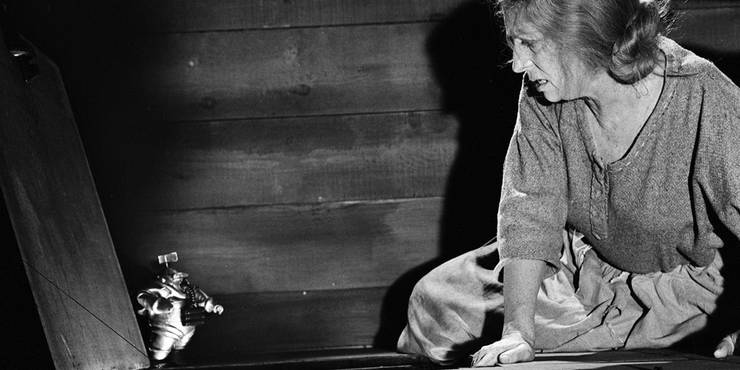
While The Twilight Zone was ahead of its time in speculative storytelling, some of its best shows were ruined by cheap effects. One of Serling’s favorite episodes was called “The Invaders,” about a woman who finds herself fending off tiny aliens occupying her homestead. Those aliens turned out to be American astronauts exploring a planet inhabited by giants, but a low-production budget warranted using toys to emulate those tiny explorers.
“All we could use because we couldn’t afford opticals and couldn’t afford montage effects, were little wind-up rubber men,” said Serling to Gunn about that episode. “I thought it totally destroyed the illusion.”
4 Bad Acting Ruined Potentially Great Episodes
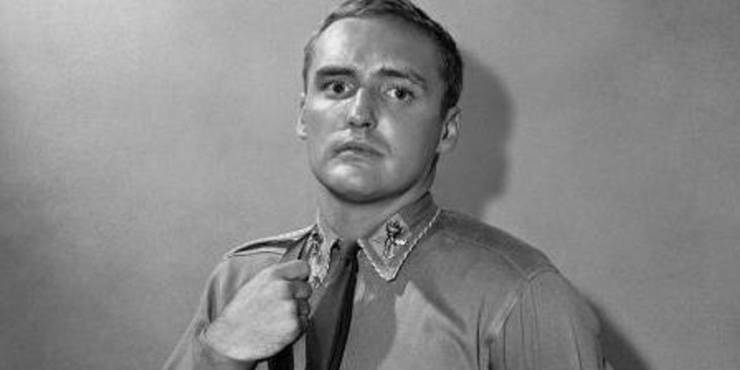
William Shatner, Carol Burnett, Robert Redford, and Jean Marsh were among the better-known stars who earned kudos for their work on The Twilight Zone. But, Serling admitted that a few actors didn’t measure up, especially Dennis Hopper, who played a radical right-wing activist in the episode “He’s Alive.”
“I thought it was one of the best-written scripts completely [destroyed] by the performance of Dennis Hopper,” said Serling at a UCLA lecture about the actor who later starred in Easy Rider and Blue Velvet. “It was a most uncontrolled, undisciplined performance.”
3 Serling Was Burning Out
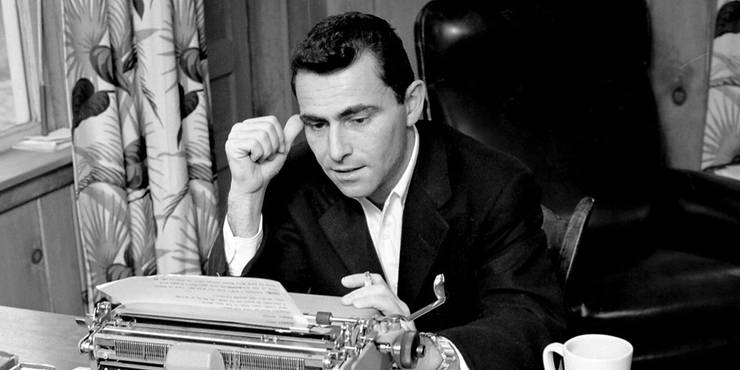
Of 156 episodes of The Twilight Zone, Serling wrote roughly 70 percent of them. He could pound out a script in less than 40 hours, a far cry from the months it took to create just one story for the live drama series Playhouse 90. But, Serling also spent a great deal of time defending scripts against network executives alarmed that some of the content would upset sponsors. And, with the myriad of functions as a television producer, the workload caught up to him. By the time the series was canceled in 1964, Serling was physically and mentally exhausted.
2 The Endless Clashes With Executives
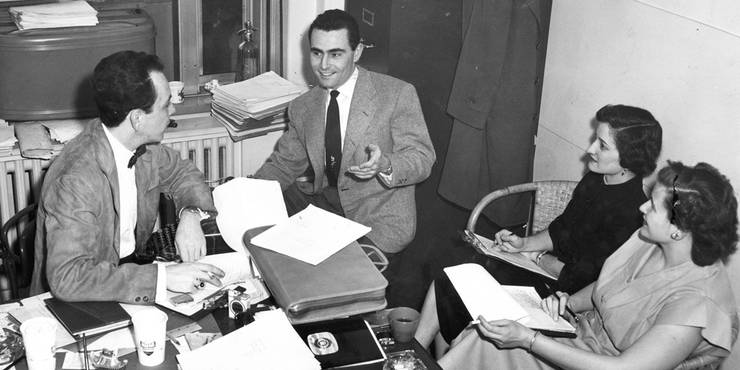
Serling regularly butted heads with network brass who complained about the darkness of some of the plots and extensive sci-fi themes, which, at the time, were never popular with audiences. Companies from Colgate-Palmolive-Peet to the Liggett and Myers Tobacco Company yanked their advertising dollars after two seasons of The Twilight Zone. Those attacks only bolstered Serling’s determination to keep the show running.
“You argue, you fight, you try to protect what has been written,” commented Serling in an interview with Mike Wallace in 1961, “but you’re battling networks, advertising agencies, sponsors and pressure groups.”
1 The Network President Didn’t Like It
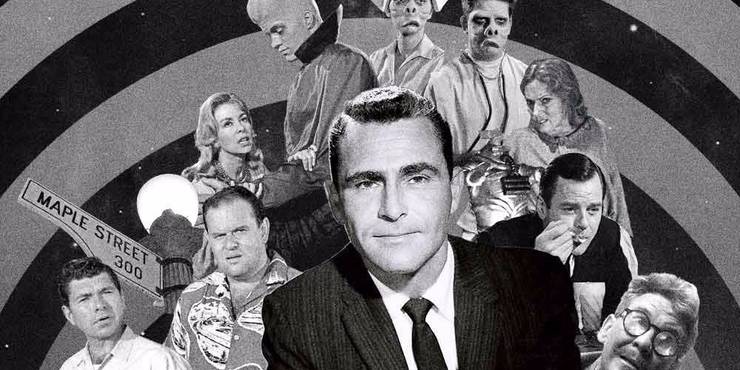
The Twilight Zone was a critical fave and a perennial Emmy award-winner, but it never dominated ratings. That didn’t sit well with James Aubrey, who became CBS president after the show launched. He hated the anthology series, believing programs with regular stars were more likely to grab audiences.
Aubrey canceled Twilight Zone twice, once after its third season, but it was revived when a replacement program tanked in the ratings. Later, he reduced the show’s budget to compromise its quality and axed the series in 1964. Ironically, Aubrey was fired a year later.



